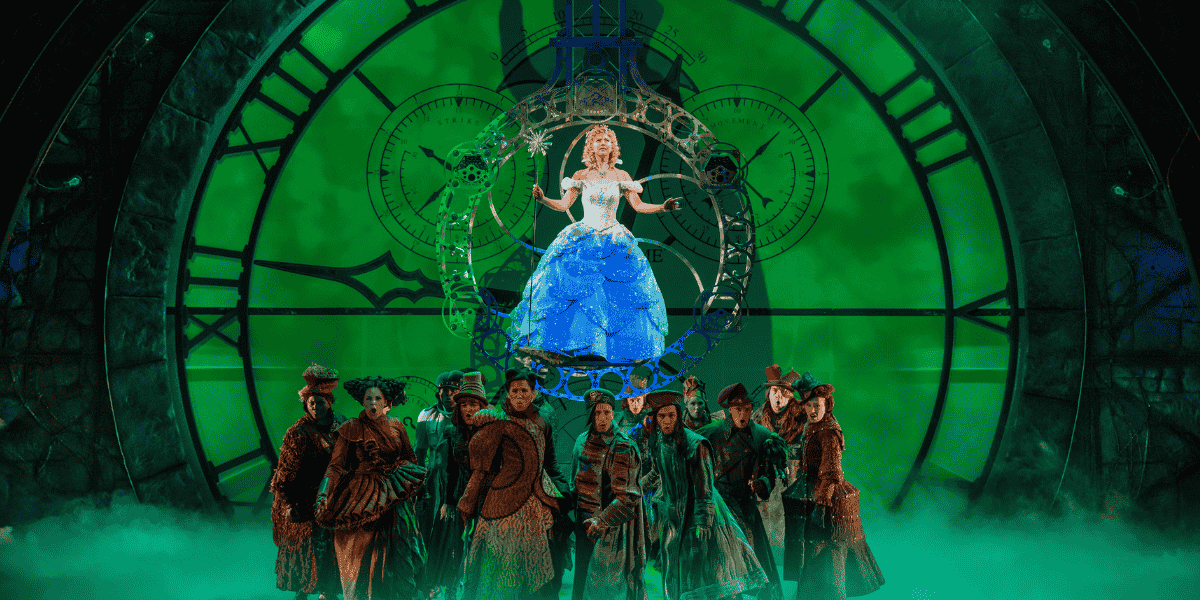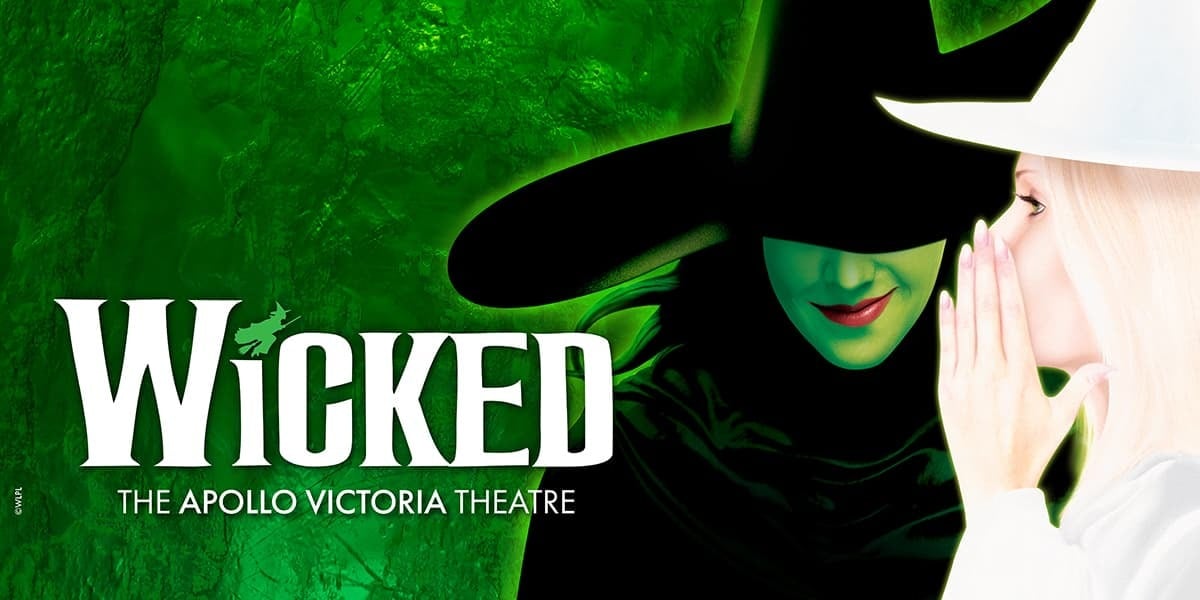History of London Musicals: Part One
Published on 12 March 2012
Last updated on 21 August 2025
What is a Musical?
A musical is a defined as a play where songs and dances are fully integrated into a story with three main components - music, lyrics and book. There is a long history of London musicals with the modern Western musical theatre emerging during the 19th century, culminating with the works of Gilbert and Sullivan in Britain.

The book refers to the story and can refer to the dialogue and lyrics together. As New York Times critic Ben Brantley described the ideal of song in theatre when reviewing the 2008 revival of Gypsy: "There is no separation at all between song and character, which is what happens in those uncommon moments when musicals reach upward to achieve their ideal reasons to be."
The Birth of Musical Theatre in London
In the 1870's and 1880's musical theatre broke the 500 performance mark in London, most notably by the series of more than a dozen long-running Gilbert and Sullivan family-friendly comic opera hits, including H.M.S. Pinafore in 1878 and The Mikado in 1885. Only a few 19th-century musical pieces exceeded the run of the Mikado: The Chimes of Normandy (Les Cloches de Corneville) ran for 705 performances in 1878 in London, and Alfred Cellier and B. C. Stephenson's 1886 hit, Dorothy (a show midway between comic opera and musical comedy) set a new record with 931 performances.
The Rise of Musical Comedy
In the 1890's George Edwardes took over the Gaiety Theatre tried to move away from the old burlesque style music hall shows and to improve the quality of musical theatre style with more family-friendly shows with popular songs, banter and dances. He introduced his Gaiety Girls as a dancing corp and his musical comedies changed the London Stage for the next 3 decades. Edwardes' early Gaiety hits included a series of light, romantic "poor maiden loves aristocrat and wins him against all odds" shows, including The Shop Girl (1894) and A Runaway Girl (1898), with music by Ivan Caryll and Lionel Monckton. These shows were immediately widely copied at other London theatres and later across the Atlantic in the US, and the Edwardian musical comedy swept away the earlier musical forms of comic opera and operetta.
The American Influence on British Musicals
The first American musical to run for more than a year in London was The Belle oF New York in 1898, which ran for 697 performances. Among other British and American composers and librettists of the 1910s, the team of P. G. Wodehouse, Guy Bolton and Jerome Kern stood out. Following in the footsteps of Gilbert and Sullivan, their "Princess Theatre shows" paved the way for Kern's later work by showing that a musical could combine light, popular entertainment with continuity between its story and songs. During the First World War people flocked to the theatre to watch musicals. Chu Chin Chow had a run of 2,238 performances that set a record for a musical run for 40 years until Salad Days.
The Introduction of the Jazz Age in Musicals
However, in the 20th Century, the history of London musicals took a new turn with the collaborations of the Princess Theatre shows, American works and musical style such as jazz gained precedence over European works. Writers such as the Gershwins and Rodgers and Hart began to produce shows. Although the story of many of the productions were light-hearted, fluffy pieces, they did produce many unforgettable and enduring songs which became very popular in London. Musicals were also becoming a lot more expensive to stage with the influence of revues being produced by Ziegfeld becoming more and more elaborate.
The Lasting Legacy of Early Musicals
Following the success of Show Boat, which combined a novel adaptation with the lyrics of Jerome Kern, a new genre of serious musical theatre was born. Although the 1930s saw a downturn in attendance due to the economic times, it was nonetheless a creatively rich time, with more musicals integrating song and dance into a meaningful story.
One modern example that follows a similar formula is Wicked, the 10th longest-running musical in West End history. Currently running at the Apollo Victoria Theatre, **Wicked **is often associated with the 1939 film The Wizard of Oz, but it is actually adapted from the novel Wicked: The Life and Times of the Wicked Witch of the West. The musical has become a global phenomenon, inspiring two major motion pictures starring Cynthia Erivo and Ariana Grande.
Milestones and Achievements in Musical Theatre
The first musical to win the Pulitzer Prize was Of Thee I Sing in 1931, a political satire by the Gershwins. In London, British writers such as Noël Coward and Ivor Novello continued to deliver old-fashioned, sentimental musicals, such as The Dancing Years, continuing the long history of London Musicals.
To find out which musicals are taking the spotlight today, check out our article on the 2025 Olivier Award nominations.
New to the theatre scene? Curious about which shows are worth your time? Check out our guide to the Best Theatre of 2025 and discover the must-see performances of the year.
By London Theatre Direct
London Theatre Direct is one of the UK’s leading theatre ticket providers, bringing audiences closer to the magic of the stage.

